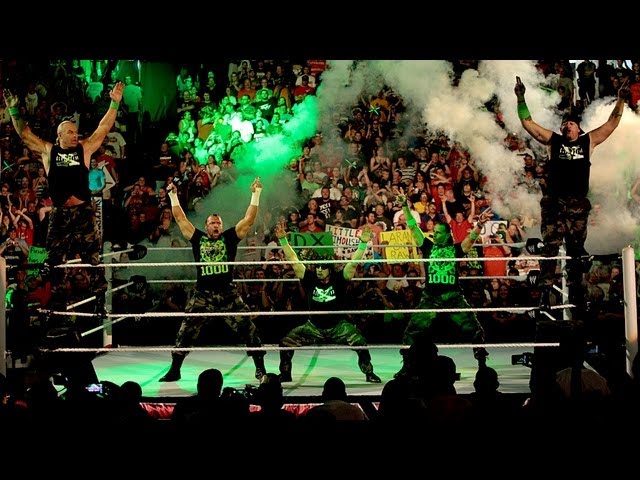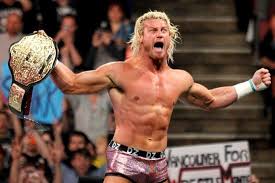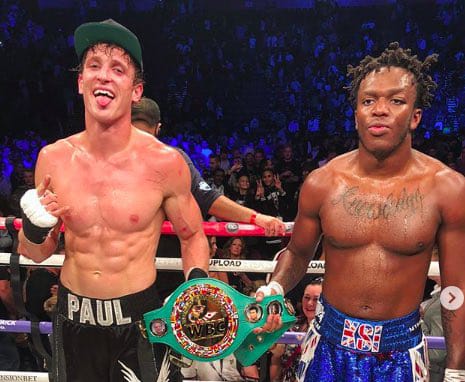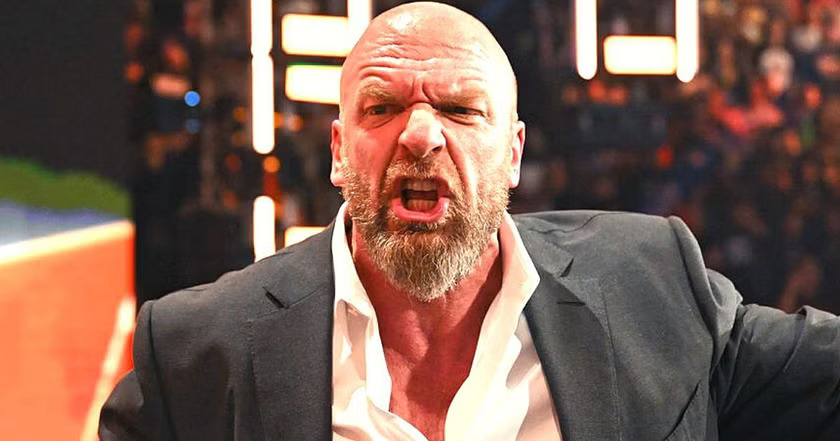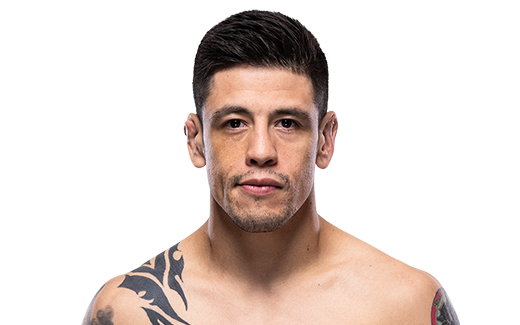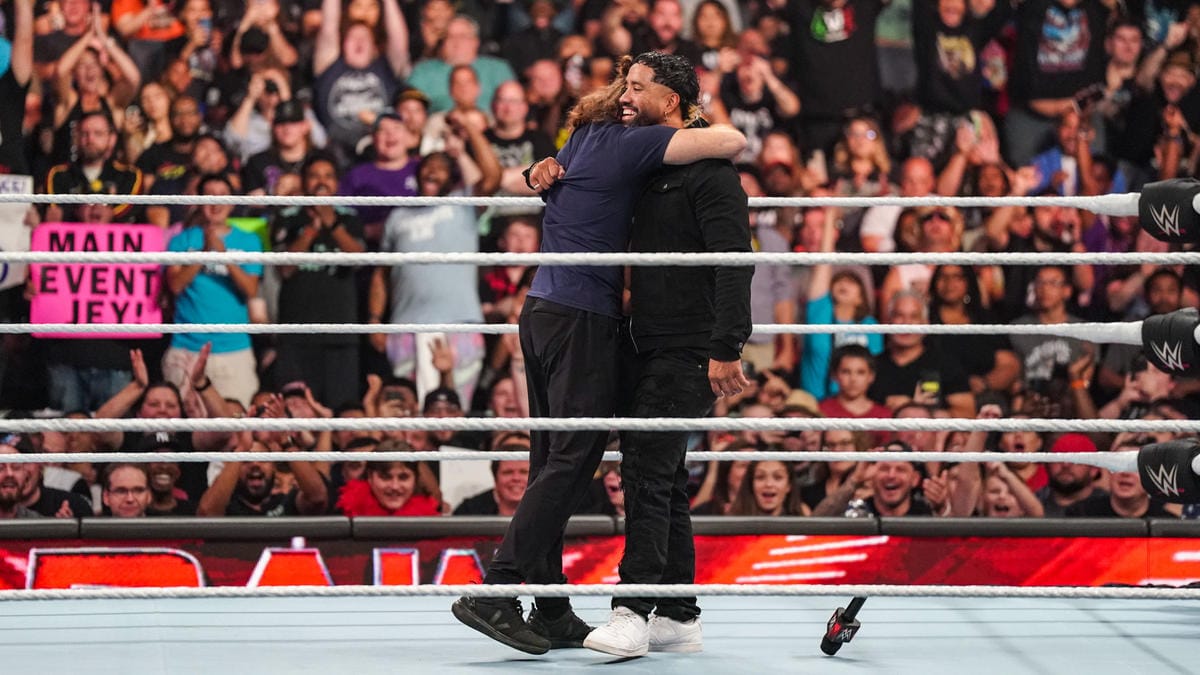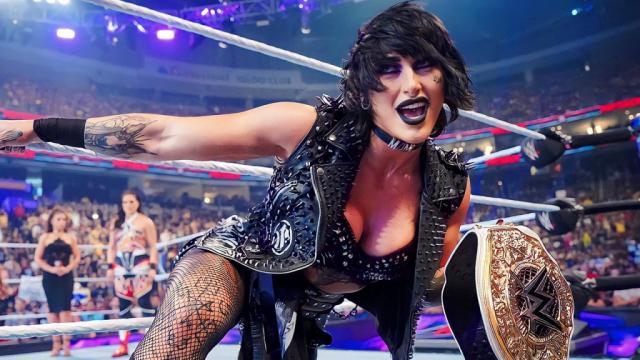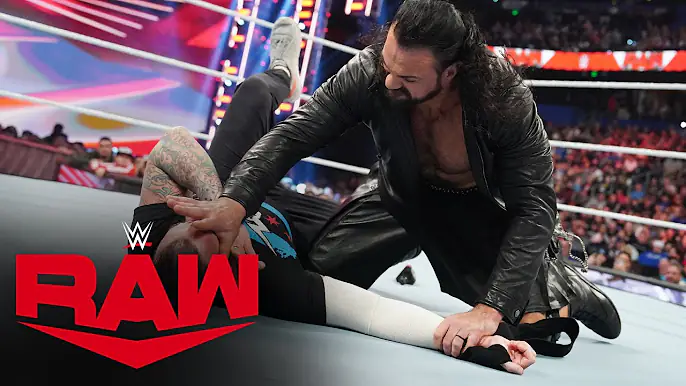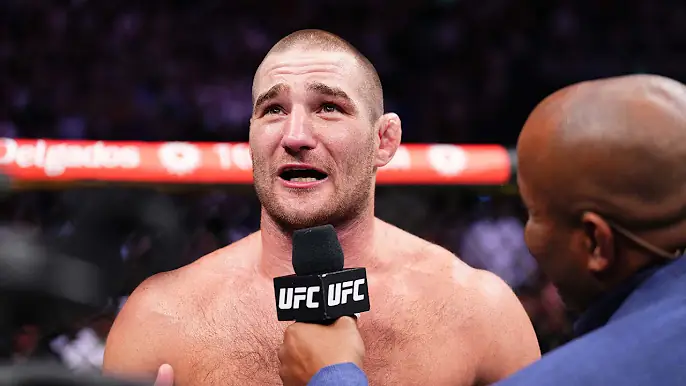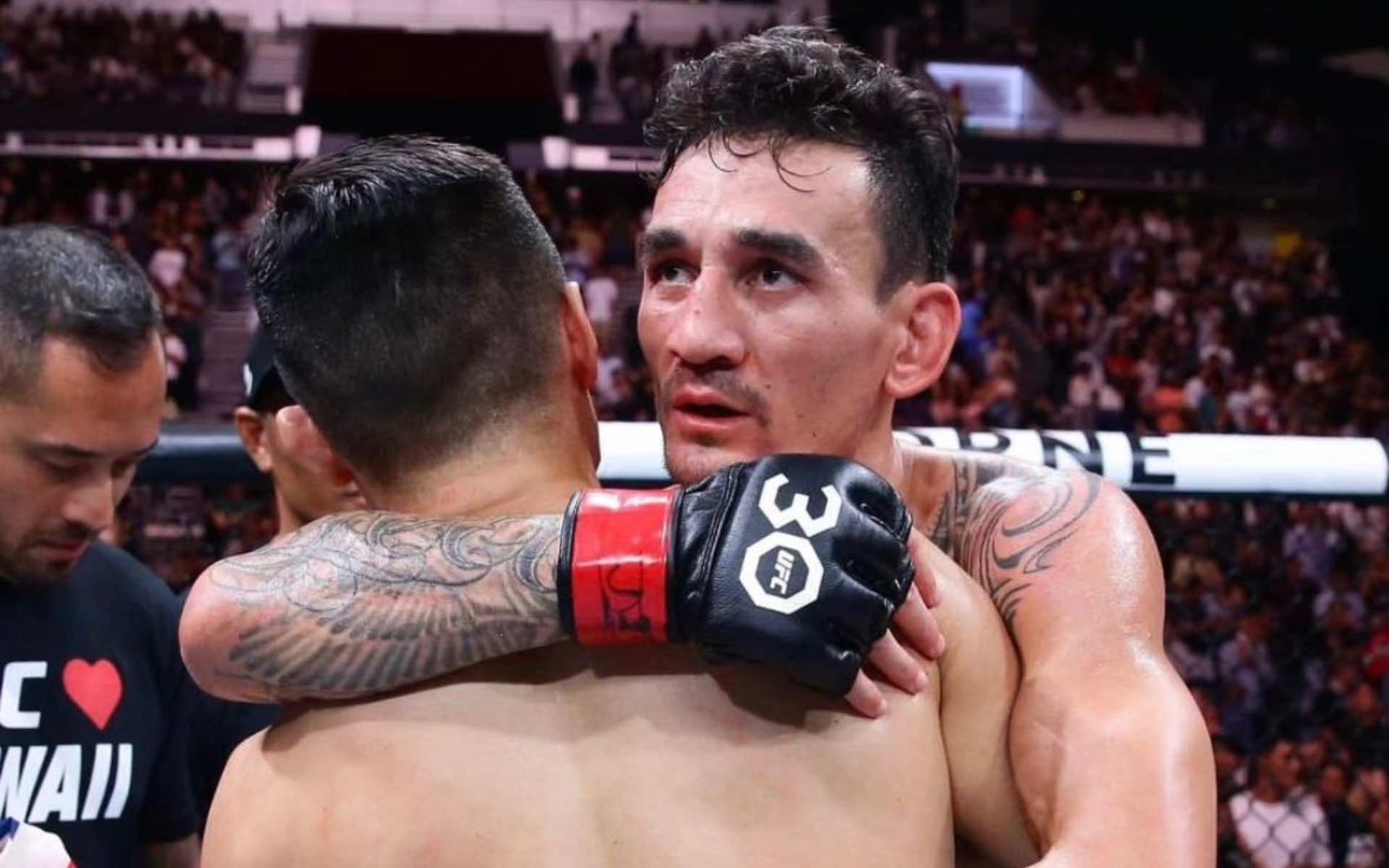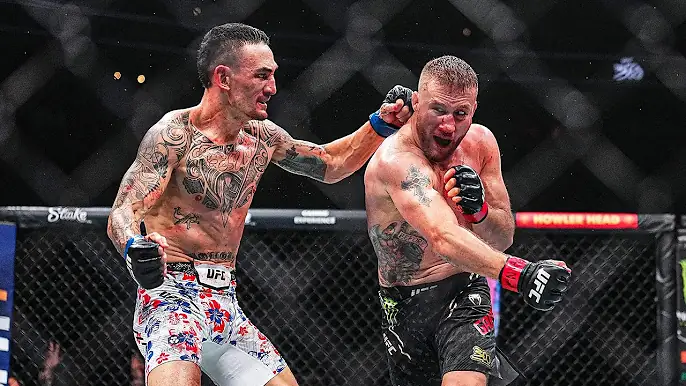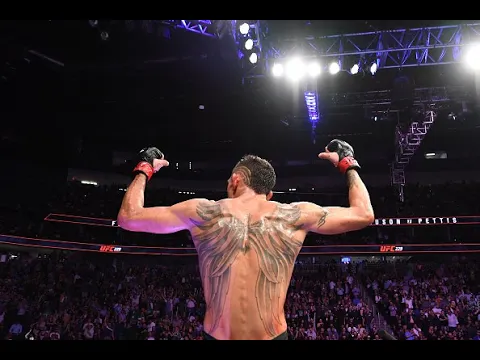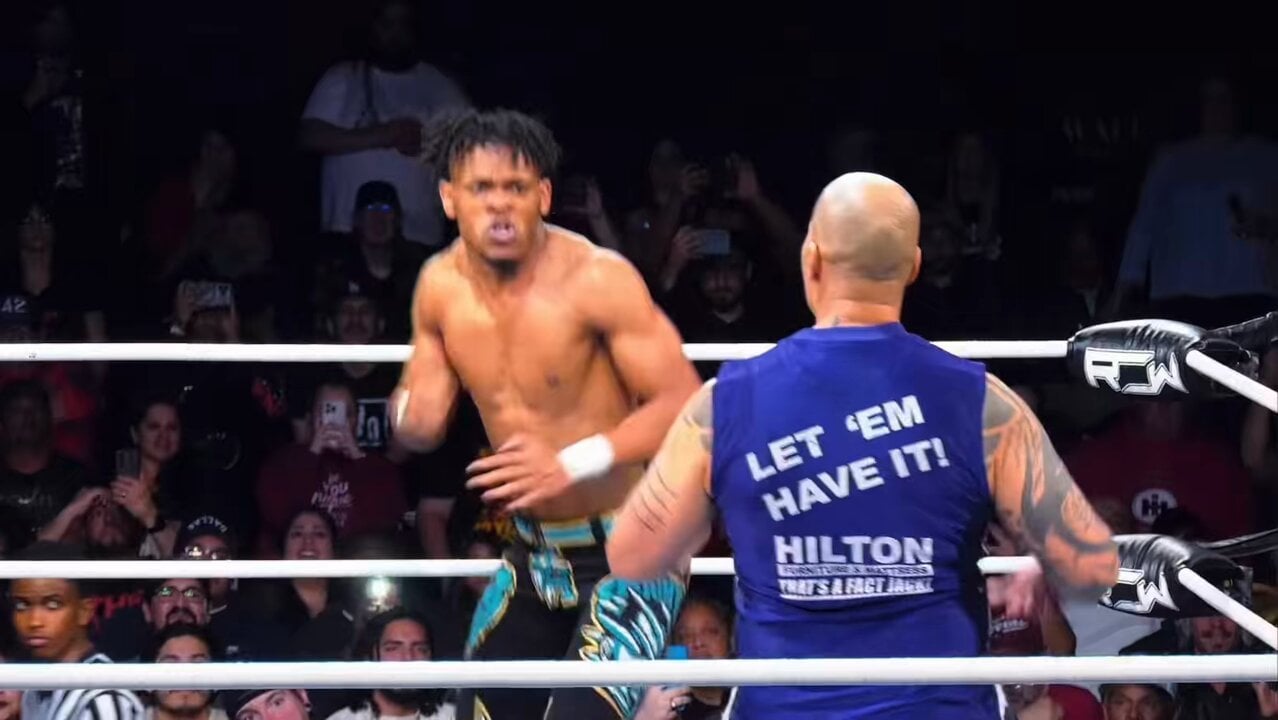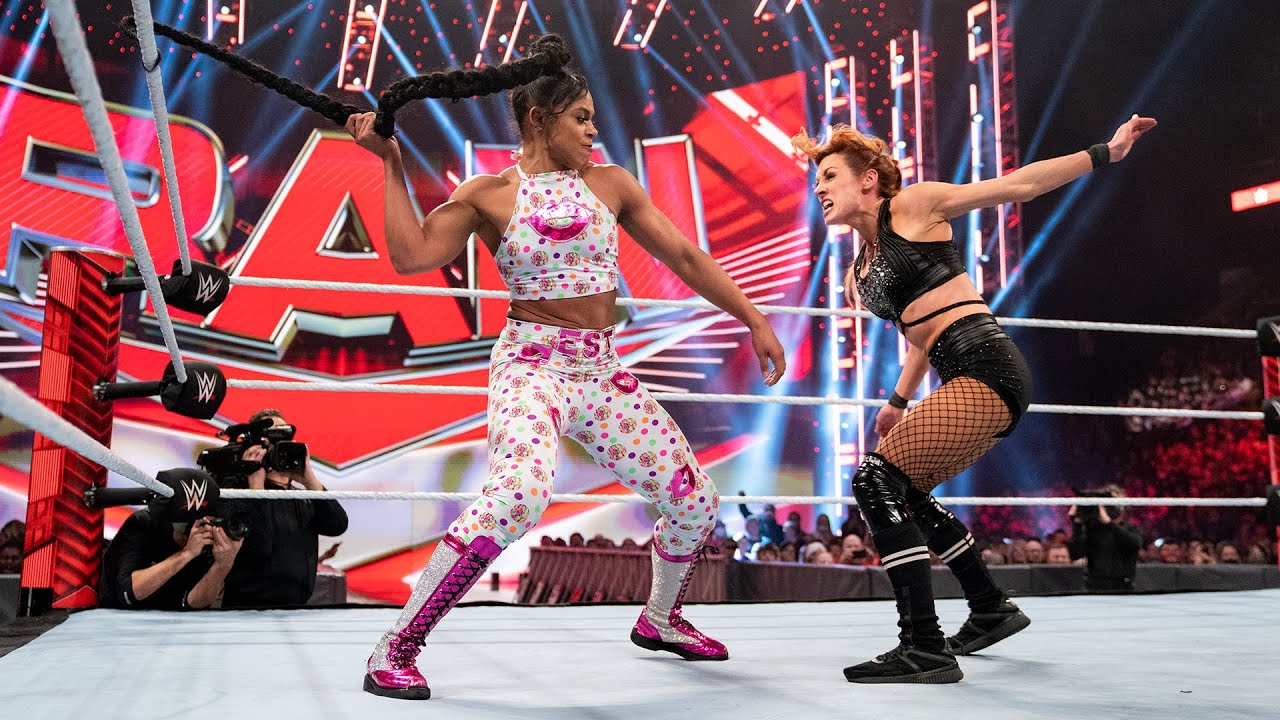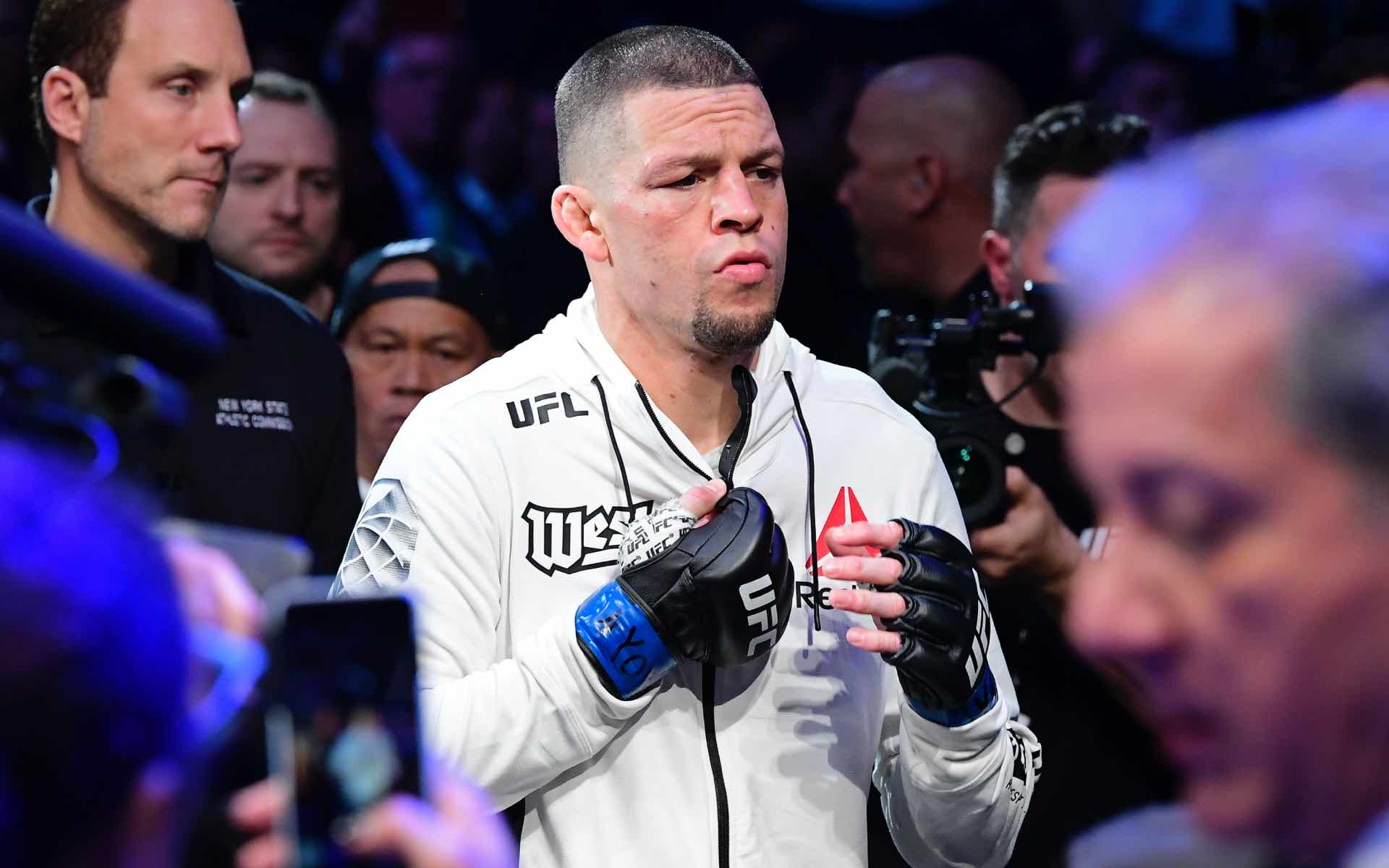Road Dogg Named THIS former D-Generation X Member As The Wrestling GOAT
Brian Girard James, commonly known as WWE icon Road Dogg, had an illustrious career in professional wrestling. His path as a significant player in the wrestling business has been filled with both victories and hardships. Road Dogg recently disclosed his prior issues, including problems with addiction, and talked about his experiences in WWE and elsewhere. His stint with the renowned D-Generation X faction, a period of wrestling history replete with spectacular incidents and famous rivalries, is one notable facet of his life. In this piece, we examine Road Dogg’s life story, his position within D-Generation X, and his viewpoint on the greatest wrestler in history.
In the 1980s, when he was still a Marine, Road Dogg started competing in professional wrestling. He earned a name for himself in the world of professional wrestling when he joined the World Wrestling Federation (now WWE) in 1994, going by the name “The Roadie.” It didn’t take him long to take on the alias “Road Dogg Jesse James” in 1996, a name that would come to represent his career as a wrestler.
Road Dogg’s collaboration with fellow WWE superstar Billy Gunn to establish the storied tag team known as The New Age Outlaws was one of his professional high points. A legendary tag team in wrestling history would emerge from this alliance. The New Age Outlaws claimed the WWE Tag Team Championship as well as several WWF Tag Team Championships. A golden period in professional wrestling was defined by their alluring personalities and fun promos, which won them over fans.
Their association with the D-Generation X group propelled the New Age Outlaws to popularity. The gang upended the wrestling industry, challenging conventions and violating rules alongside Shawn Michaels and Triple H. With legendary wrestlers like The Rock and Stone Cold Steve Austin, they got into historic feuds that helped make wrestling history.
D-Generation X was known for defying convention and breaking rules in ways that had never been done before in the world of professional wrestling. Their mischief, crude humour, and catchphrases became ecognizable. They once demonstrated their bravery and brazen style of wrestling by driving a tank into a rival WCW event in one memorable instance.
Even though the D-Generation X period was a professional high point for Road Dogg, he struggled with personal issues that caused him to leave WWE in 2001. Road Dogg has been open about his struggles with addiction to drugs and alcohol. He said that he was “on dope the whole time” throughout the 1990s, which brought up hazy recollections of that period.
Road Dogg’s narrative, though, takes a turn for the better. His life wasn’t defined by his difficulties. He started a road of healing and atonement instead. Before joining TNA (Total Nonstop Action Wrestling), his journey took him to the indie wrestling scene. In 2014, he ultimately returned to WWE. In his time away from WWE, he once again collaborated with Billy Gunn under the moniker VKM—a play on the names of Shawn Michaels and Triple H—and they amusingly ridiculed them.
A turning moment in Road Dogg’s life and career occurred when he rejoined WWE in 2014. He changed careers from wrestler to producer before taking the primary writing position on SmackDown. His passion for the wrestling industry and his contributions to WWE were both clear. Despite his prior troubles, he had no ill will against Vince McMahon. In truth, Road Dogg received free rehab treatment because of Vince McMahon’s sponsorship. This deed of goodwill had a significant influence on Road Dogg’s viewpoint on the wrestling business.
Road Dogg’s view on the best wrestler of all time—often referred to as the GOAT (best of all time)—is a fascinating component of his recent disclosures. Road Dogg has changed both personally and professionally in his 13 years of sobriety. He emphasised Vince McMahon’s involvement in assisting him in overcoming addiction and expressed his sincere thanks for the WWE chairman’s assistance and generosity throughout his trying moments.
In a moment of reflection, Road Dogg said that his earlier animosity towards WWE was unjustified. He acknowledged that he had been excessively self-centred and said that his previous buddies had failed to defend him. At the moment, he recognised his weakness and would have shot himself as well. The development that Road Dogg has undergone during his trip is highlighted by his self-awareness and newly discovered admiration for Vince McMahon’s compassion and leadership.
In conclusion, despite its highs and lows, Road Dogg’s wrestling career is a monument to persistence and personal development. His time spent with D-Generation X left an imprint on professional wrestling, and his post-wrestling career demonstrated his dedication to the industry he adores. His inspirational recovery from addiction and thanks for Vince McMahon’s help are examples of the value of kindness and second chances in the wrestling business. The narrative of Road Dogg serves as a reminder that it’s never too late to make a return and a new beginning, whether in the world of wrestling or in real life.
